Projects
European Research Projects
-
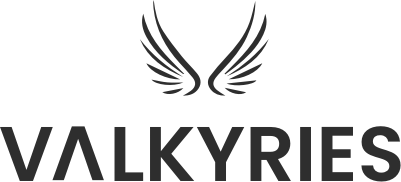
A methodology for tracking and analysing the needs for standardization and certification harmonization thorough the project life cycle will be defined and enforced, which will allow the early identification of issues related to the conceptualization, design, implementation, integration and deployment of tools for support the EU disaster resiliency; which will be facilitated by a complete consultation strategy to the different stakeholders that are expected to act at each capability development phase, ranging from providers to end users. On these grounds H2020-VALKYRIES will develop, integrate and demonstrate capabilities for enabling immediate and coordinated emergency response including search and rescue, security and health, in scenarios of natural/provoked catastrophes with multiple victims, with special application in cases in which several regions or countries are affected and hence greater interoperability being required. H2020-VALKYRIES will propose both design and development of a modular, interoperable, scalable and secure platform, which will allow the integration between legacy solutions and new technologies. The platform will be able to deploy services and dynamically adapt its behaviour, as the emergency requires it. A series of use cases and demonstrators will be developed placing an emphasis on cross-frontier and cross-sectorial BLOS (Beyond Line of Sight) scenarios, where the usual communications infrastructure could have been damaged, and emergency response teams are deployed without an accurate view of the operation environment.
-
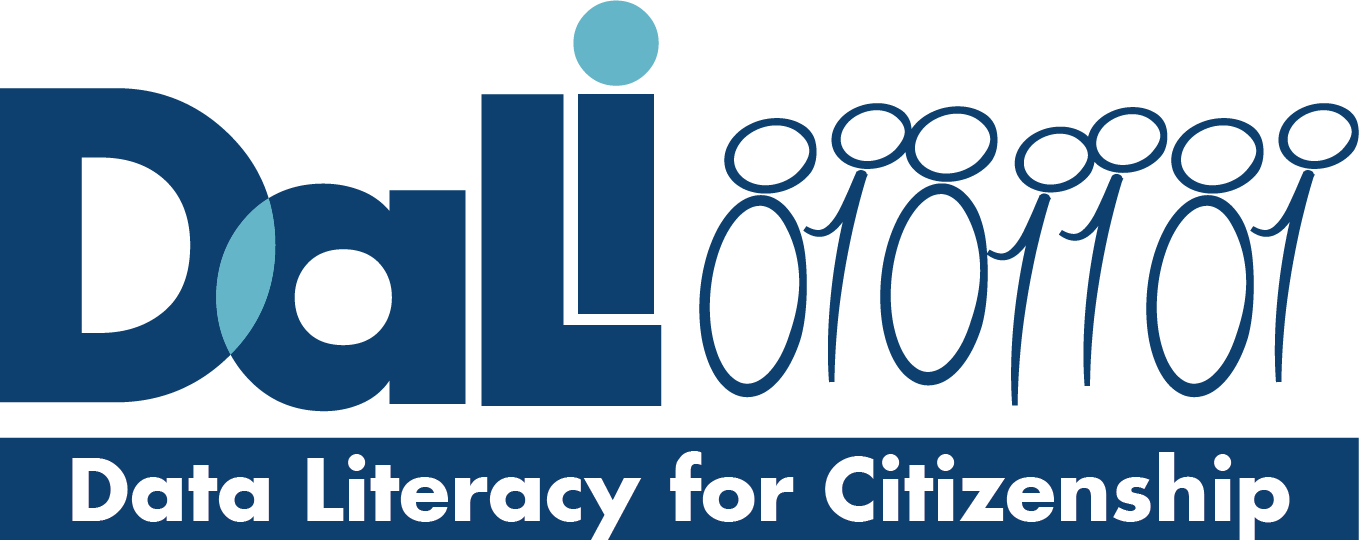
In a digital world where data are more than ever ubiquitous, almost every app and every service is collecting data about people, and that people can access an immense amount of data, understanding the role of those data -and the algorithms behind them- in our lives (sometimes in the proposal we will refer to this as “data and algorithmic literacy”), as well as to learn how to use them, and how to take informed decisions about them, is more critical that never before. DALI aims to empower individuals (young adults, general adults, seniors) for responsible citizenship / civic engagement in terms of data, by acquiring and developing key competencesrelated to data literacy. Adults (as teachers, parents, families, workers, and so on) are in charge of the social uses and regulation of data, both at home and in the education of theyoung people, and moreover, in most of our countries adults are legally responsible for their children's data. Furthermore, seniors encounter data in their daily lives, such as grandparents interacting with their families, and as citizens interacting with public services such as tax or health systems. Adults recruited from our associated partner organisations and individuals (politicians, seniors, students, unemployed, workers, parents, adult educators, etc.) will participate in a co-creation process,will pilot and evaluate the games and playful learning materials, and adult educators will test the facilitator guide and, together with politicians, evaluate the policy recommendations and guidelines.
-
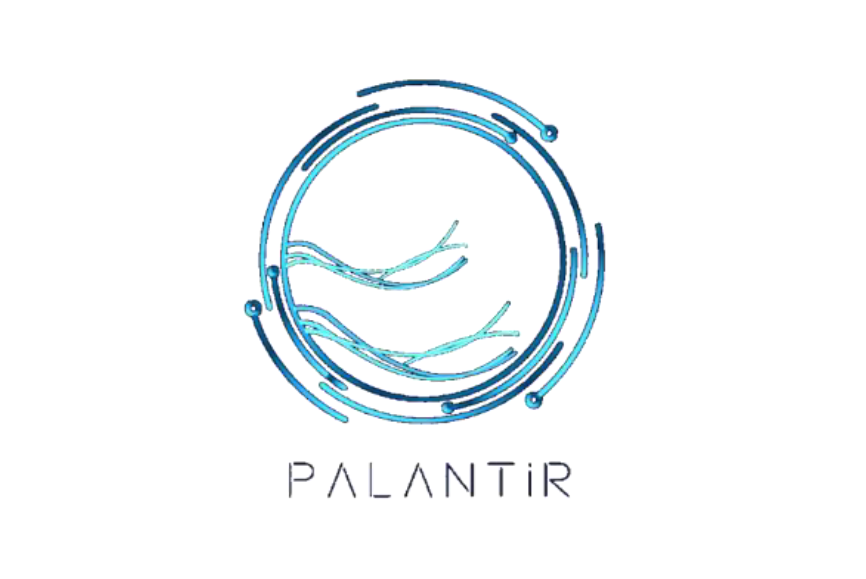
PALANTIR aims at bridging the gap between large enterprises and SMEs/MEs, by providing multi-layered, infrastructure-wide threat monitoring, cyber-resiliency and knowledge sharing in a heterogeneous ecosystem, while at the same time being able to market these services to third parties in the form of Security-as-a-service (SECaaS). PALANTIR will implement a coherent privacy assurance, data protection, incident detection and recovery framework, focusing on the case of highly dynamic service-oriented systems and networks, taking advantage of their inherent programmability features and abstractions. PALANTIR will also focus on cyber-resiliency leveraging the features of service-oriented systems key building features by a) applying and exploiting Network Functions Virtualization (NFV) and Software-Defined Networking (SDN) technologies; b) considering emerging paradigms such as the application of scalable artificial Intelligence, standardization and threat-sharing techniques to risk analysis, network operation, monitoring and management and c) ensuring the SME’s compliance with the relevant data privacy and protection regulations in the data breach age, implementing the «Privacy by Default» and the «Privacy by Design» principles on how personal data is collected, used, transferred and stored between 3rd party businesses and entities. The end result will be an evolving, expandable and unified framework, tailored to the individual needs of every SME and ME, reducing the complexity level of usual security tools while still being affordable and thus attractive for adoption.
-
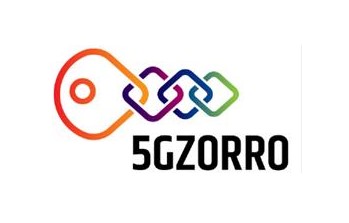
5GZORRO uses distributed Artificial Intelligence (AI) to implement cognitive network orchestration and management with minimal manual intervention (Zero-Touch Automation). Distributed Ledger Technologies (DLT) are adopted to implement flexible and efficient distributed security and trust across the various parties involved in a 5G end-to-end service chain. With these, an evolved 5G Service Layer can be implemented for Smart Contracts among multiple non-trusted parties, to allow SLA monitoring, spectrum sharing, intelligent and automated data-driven resource discovery and management.
International Research Projects
-
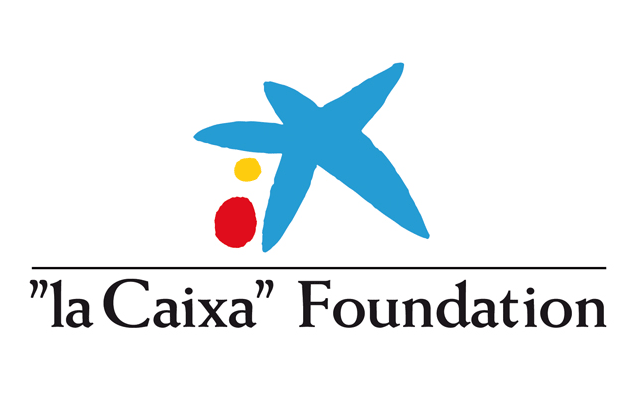
We will apply learning analytics as the key that can unlock the full potential of games as an alternative medium of assessment. Learning analytics applies data science techniques to educational data, in order to make inferences and improve learning. The assessment will not only focus on content knowledge, but also on cognitive skills (like creativity or spatial reasoning) and behavioral patterns (like persistence or unproductive behaviors) that have been reported as key for human and societal development in the coming years.
-

While global massive open online course (MOOC) providers such as edX, Coursera, and FutureLearn have garnered the bulk of attention from researchers and the popular press, MOOCs are also provisioned by a series of regional providers, that focus on regional populations teaching in their local language. We leverage a common data infrastructure that we have generated through a partnership of MOOC institutions and researchers that have access to large datasets to compare trends in different global and regional platforms.
National Research Projects
-

La Plataforma de Análisis de Servicios en TOR (PASTOR) ofrece las siguientes funcionalidades: i) Obtención de nuevos servicios ocultos en TOR no identificados previamente y que no se encuentren en fuentes públicas, ii) Comprobación del estado (activo o inactivo) de los servicios ocultos descubiertos en el momento de la consulta, iii) Diseño de un prototipo software que obtenga nuevos servicios ocultos en TOR de manera continua, es decir, estará basado en técnicas no temporales que aseguren que el software no tendrá que ser adaptado a corto o medio plazo para continuar obteniendo nuevos servicios ocultos y iv) Desarrollo y prueba de un prototipo software que pueda ser integrado fácilmente con soluciones que permitan recoger estos nuevos servicios (.onion) para su monitorización continua.
-
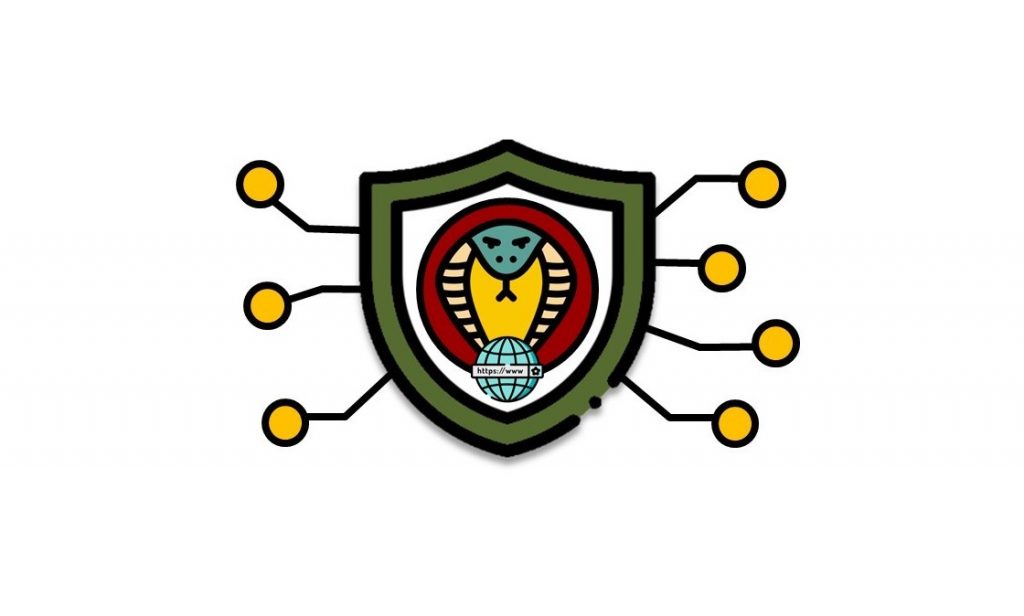
En este proyecto se desarrollarán módulos de simulación de tráfico y topologías de red, y de amenazas avanzadas persistentes (APTs) hiperrealistas que simulen de forma efectiva escenarios realistas. En segundo lugar, se utilizará un Cyber Range para integrar dichos módulos de simulación, con un módulo que permita el desarrollo de escenarios de cibermaniobras plantilla parametrizables y aleatorizables, que otorgue flexibilidad al instructor y escenarios desafiantes para el estudiante. En tercer lugar, se integrará al Cyber Range elementos de dos tecnologías educativas en alce actualmente, como la gamificación y el aprendizaje adaptivo, de manera que el proceso de aprendizaje sea más motivante y adaptado. Por último, se desarrollará un módulo de evaluación de competencias en ciberdefensa en función de la interacción de los estudiantes con las cibermaniobras. Las soluciones desarrolladas en este proyecto conformarán módulos independientes y un entorno de trabajo global, que tenga la capacidad de mejorar el entrenamiento en ciberdefensa con simulaciones hiperrealistas en escenarios que puedan variar en cada iteración y adaptarse dinámicamente a las características del estudiante, así como mejorar la motivación de los estudiantes para aprender en este entorno.
-
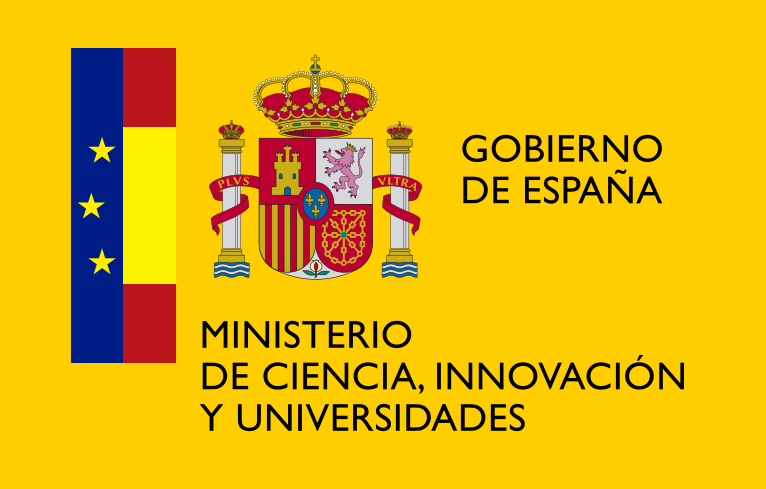
We propose an unified framework for combining cybersecurity and safety in manufacturing industrial environments. This framework, called SAFEMAN, is composed of a set of applications and services that monitor and analyse the cybersecurity and safety risks in real time. The individual risk assessments are collected and considered together in order to identify threats or deviations. If required, the framework takes specific actions in order to protect workers and equipment, and develops the adequate response mechanisms to ensure the reliability of the industrial processes.
-

This project will leverage an existing game-based assessment, Shadowspect, that measures Common Core math standards as well as cognitive and noncognitive skills such as spatial reasoning and persistence. The researchers will conduct design-based research to iteratively develop and embed interactive dashboards in the game and investigate how effectively different representations and features of the dashboards can support teachers' understanding and inform their actions. Additionally, the researchers will investigate how learning analytics can be used to directly support K-12 teachers' assessment practices and identify the knowledge and skills teachers need to be successful in this area. The ultimate goal of the research is to understand teachers' assessment literacy in the era of big data and yield generalizable design principles for interactive dashboard tools that can facilitate teachers' data use without substantive external training. Ultimately, this research can lead to future investigations of how teachers' formative assessment practices might change when they have an increased understanding of learning analytics.
-

-

Las TIC han promovido importantes avances en el campo de la educación en los últimos años. La aparición de los MOOCs (Cursos Online Masivos Abiertos), y su equivalente a pequeña escala los SPOCs (Cursos Online Pequeños Privados), han permitido eliminar barreras que limitaban el acceso a recursos de aprendizaje únicamente a unos pocos, ayudando a equilibrar el acceso a una educación de calidad. La popularidad de MOOCs y SPOCs se ha visto potenciada por un contexto socio-económico de escasez y de constante evolución en el que la formación en línea es vista como una forma de abaratar costes estructurales frente a la educación presencial y como una alternativa dinámica para ofrecer conocimiento específico y actualizado sin la rigidez de la enseñanza reglada. Sin embargo, MOOCs y SPOCs presentan graves limitaciones. Los avances en educación de las últimas décadas han demostrado la efectividad de la particularización de la enseñanza, de la utilización de pedagogías activas y colaborativas, de la evaluación a través de competencias, y de la puesta en marcha de experiencias en las que los alumnos utilizan dispositivos y tecnologías en distintos espacios y en distintos momentos. Los MOOCs y SPOCs actuales suponen un paso atrás frente a estos avances ya que sustituyen la particularización por la generalidad (la misma aproximación se aplica a cualquier estudiante); las pedagogías activas y colaborativas por la instrucción directa (el profesor replica la clase magistral en nuevos formatos audiovisuales); la evaluación por competencias por la evaluación del conocimiento adquirido a través de ejercicios de corrección automática; y la realización de experiencias que involucran diferentes dispositivos, tecnologías y espacios, por la concentración de los alumnos en torno a una plataforma Web.
-

Este proyecto pretende proporcionar soluciones tecnológicas y metodológicas para el apoyo y evaluación del diseño, adopción y observación de configuraciones de aprendizaje ubicuas orquestadas en EEE. El soporte incluirá herramientas educativas centradas en el diseñador para la autoría del aprendizaje ubicuo orquestado, así como componentes hardware y software que permitirán una gestión flexible del flujo de las actividades de aprendizaje que requieren la configuración coordinada de objetos en diferentes EEE. Con un nuevo marco para la evaluación del aprendizaje ubicuo extendido, los resultados del proyecto serán evaluados en experiencias pilotos en instituciones educativas reales, y con la colaboración de compañías en el sector para obtener una retroalimentación temprana.
Regional Research Projects
-
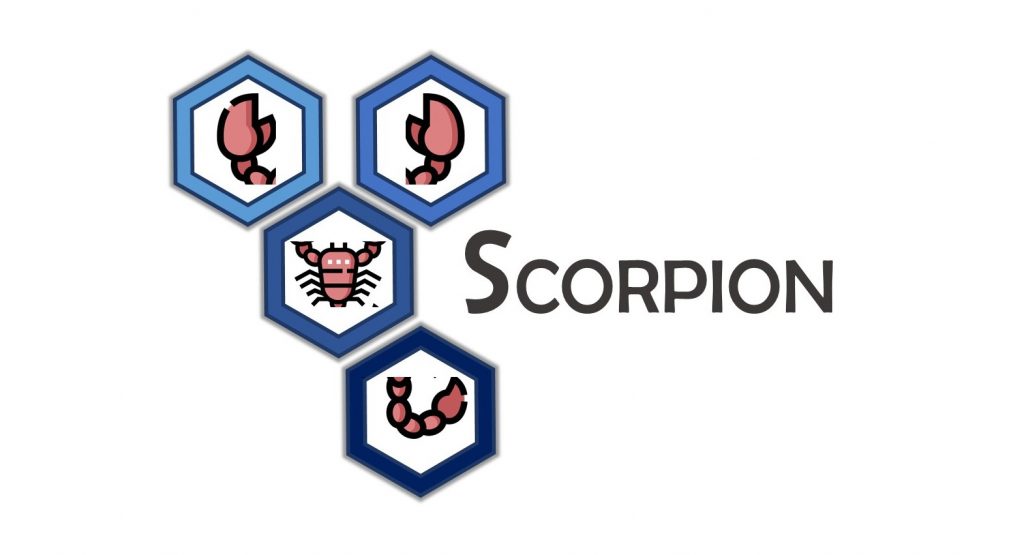
El objetivo principal de SCORPION es diseñar y desarrollar una plataforma que incluya formación de contenidos conceptuales teóricos, y a su vez también formación práctica a través de ciberejercicios virtualizados en temáticas relacionadas con la ciberseguridad para que las PYMEs y microempresas de la Región de Murcia puedan formar a sus profesionales y, consecuentemente, mejorar sus capacidades estratégicas en materias de ciberseguridad TIC mejorando sus activos frente a los eventuales y cada vez más presentes ciberataques. En este sentido, la plataforma SCORPION será suministrada a los usuarios interesados en forma de servicio bajo demanda según el paradigma Cyber Range-as-a-Service (CRaaS). De esta forma, los usuarios interesados podrán explotar el conjunto de herramientas ofrecidas en el marco de esta PdC, como por ejemplo infraestructura física y virtual, cursos de formación (p.ej., cyber situational awareness, gestión de riesgo, seguridad de la información, etc.), como un servicio remoto mantenido por el equipo solicitante.
-

-

R&D Contracts
-

This project aims to develop a framework, called RESERVE, designed to uniquely identify each device deployed in a crowdsensing or Industrial IoT (IIoT) platform in a distributed and robust manner, solving possible security threats based on device impersonation or malicious deployment. The proposed framework is based on hardware device fingerprinting and the generation of ML/DL models to identify the sensors as well as possible malicious elements affecting the identification process robustness.
-

This project aims to develop a framework, called TREASURE, designed to uniquely identify each sensor in a crowdsensing or Industrial IoT (IIoT) platform, solving possible security threats based on sensor impersonation or malicious sensor deployment. The proposed framework is based on device analysis and the generation of ML/DL models to identify the sensors as well as possible malicious elements affecting the identification process robustness.
-

INSURANCE aims to develop a framework, called INSURANCE, to identify misbehaving or malicious sensors in the ElectroSense platform. The proposed framework is based on a central entity which receives sensor information and different measurements and generates ML/DL models to detect attacks to/from sensors as well as to the ElectroSense platform itself. In particular, anomalous sensors will be identified based on their fingerprinting and the analysis of the data they send.
-
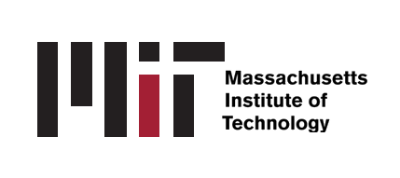
LAGA is part of a bigger project that is taking place at the MIT Playful Journey Lab on the design and implementation of game-based assessment in K12 schools. In this regard, LAGA entails the design of the data infrastructure and the development of the learning analytics and assessment machinery models to perform such game-based assessment.
-

SOUNDS aims to analyse the ElectroSense distributed platform for drawing its assets and requirements in terms of securing the communications channels, provide a state-of-the-art detailed review and comparison of solutions concerning communications security capabilities, taking into account the ElectroSense distributed platform and report on a proposal for a technical solution describing at the design level how to deploy mechanisms and protocols for securing the transfer of spectrum data for further processing in ElectroSense.
-
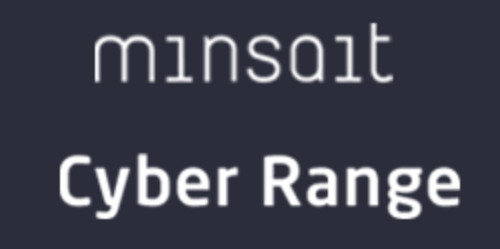
Minsait Cyber Range is one of the most advanced cyber-training solutions on the market. It has been designed by Indra to support intensive individual and group training in techniques and tactics related to cyberdefense, cyber attacks and forensic analysis. The solution has been used in different CyberCamps organized by the Spanish National Cybersecurity Institute (INCIBE).